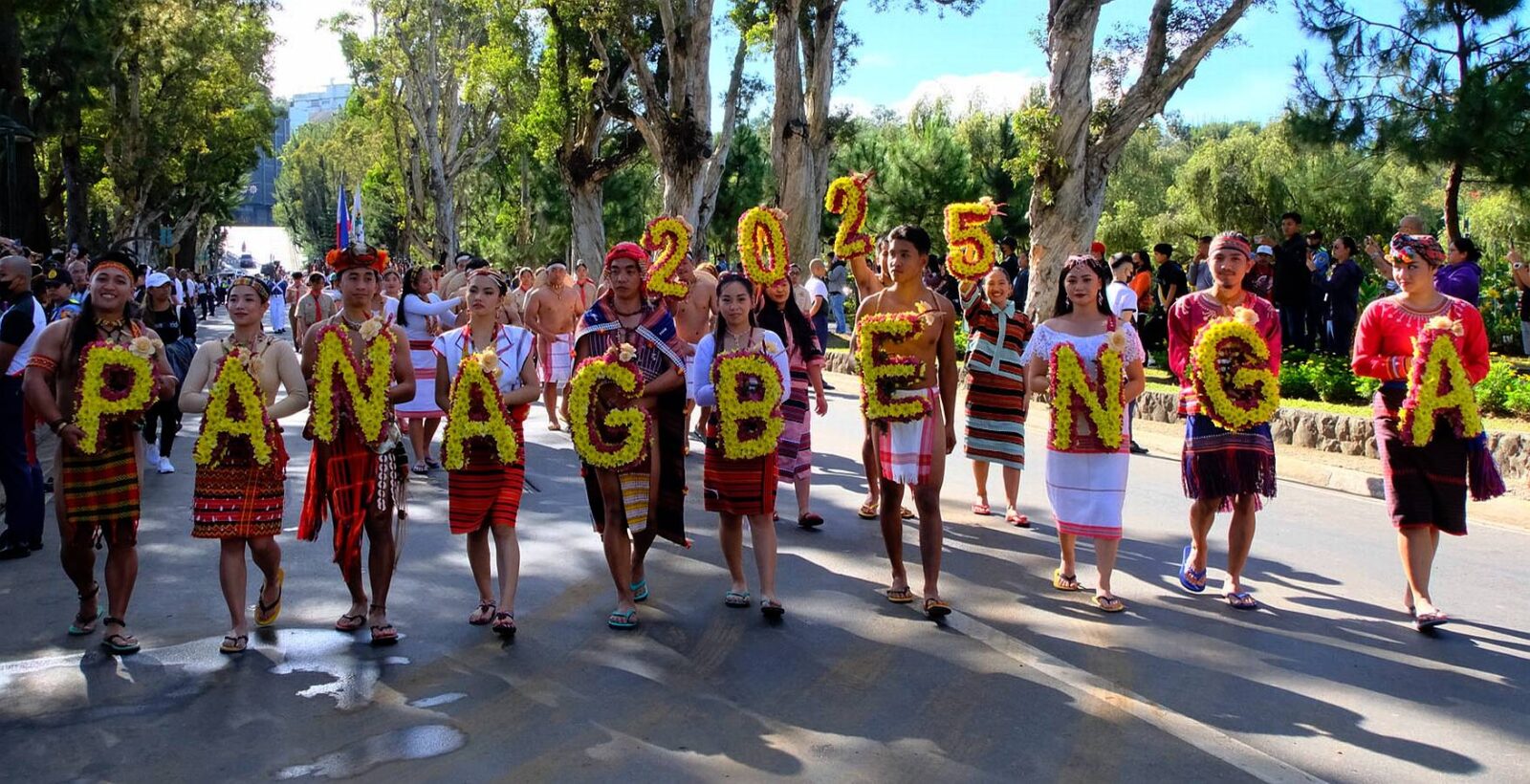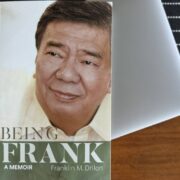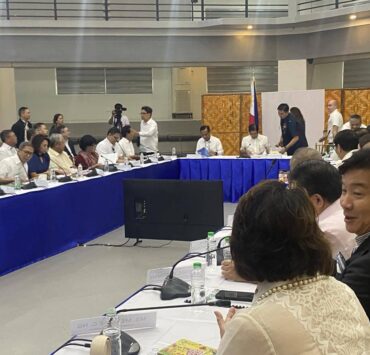Political ban reinstated in Baguio’s Panagbenga festival

BAGUIO CITY — The distinctive Panagbenga melody performed by elementary school children rang out at 8 a.m. on Saturday in downtown Baguio to signal the start of this year’s Panagbenga, or Baguio Flower Festival.
The drum and lyre marching bands and pre-teen street dancers representing five grade schools entertained residents and weekend tourists as they proceeded down Session Road towards Burnham Park.
Many wore crowns made of sunflowers or roses while garbed in Cordillera-inspired costumes for the 29th staging of the annual crowd-pleasing event, with the grand street dancing parade scheduled on Feb. 22 and the grand float parade on Feb. 23. The festival’s 30th foundation anniversary is supposed to be this year but it was cancelled in 2020 when the COVID-19 pandemic broke out.
Also called Panagbenga (the Kankana-ey term for period of blossoming), the flower festival was conceived in 1995, designed to lure back tourists to Baguio, after its complete restoration following the devastation of the July 16, 1990 earthquake.
Mauricio Domogan, who was city mayor when the festival started and continued to chair the Baguio Flower Festival Foundation Inc. (BFFFI), said Panagbenga has evolved into Baguio’s thanksgiving gesture for the highland environment that residents have to protect for future generations, and as a gathering that proves “every resident belongs to one Baguio family… no matter what tribes [or provinces] they originally belonged.”
No politics
Festival volunteers also made sure that politics would not distract the young dancing delegates of the Apolinario Mabini Elementary School, the Manuel Roxas Elementary School, Lucban Elementary School, the Rosario Integrated Elementary School of La Union, and the Tuba Elementary School of Benguet.
Because the 29th festival falls on an election year, BFFFI reinstated a prohibition on all forms of campaigning, including flying campaign colors or donning campaign t-shirts during the parades, said Anthony de Leon, president of the Hotels and Restaurants Association of Baguio, and chair of the BFFFI executive committee. De Leon is also general manager of the Baguio Country Club whose employees have voluntarily provided manpower to the event each year.
Panagbenga had previously struggled with national election candidates who participated in the parades to draw voters’ support.
A reelectionist senator had offered to shoulder some of Panagbenga’s expenses this year in exchange for the opportunity to drum up his bid but it was immediately declined, revealed Federico Alquiros, BFFFI president, and De Leon, who is Alquiros’ predecessor, in a briefing on Jan. 22.
“The candidates’ latest strategy has been to turn up days before the parades, with their own floats so they could join the events,” but BFFFI had made sure it would not happen this year, said De Leon.
Apolitical
“To maintain the apolitical and inclusive nature of the festival while fostering a festive environment,” the 2025 guidelines explicitly bars incumbent officials and candidates for the midterm polls “from using festival activities as platforms for campaigning, endorsing, or distributing campaign materials.”
This includes straying away from parade lines to interact or shake hands with parade audiences, as well as hurling or handing out candies and other giveaways.
“All public officials [must] avoid wearing clothing with campaign slogans or insignias,” it says, emphasizing that all festival venues are declared as campaign-free zones and “must remain free from political advertisements, banners, or tarpaulins.”
Offenders would be kicked off the parades or the events and reported to the Commission on Elections.
The BFFFI has also intensified its health and safety protocols to assure visitors that the summer capital remains a safe destination, given the discovery of Baguio’s first monkeypox (Mpox) case last month.

















